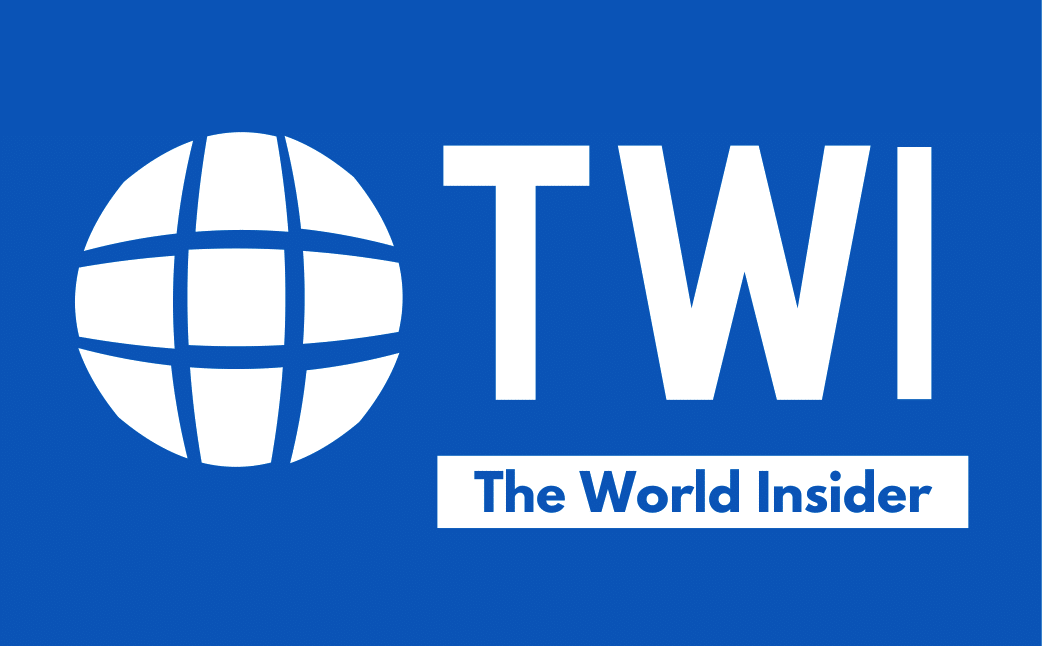Special for TWI (from Brussels)
The disclosure of a massive disinformation campaign and online propaganda by India against Pakistan has alarmed many governments and officials throughout the European states.
Several European Union organizations have initiated reviewing the status of suspicious tnink-tanks, NGOs and individuals engaged in creating and amplifying content designed to “serve Indian interests and undermine Pakistan” under a network predominantly active in Brussels and Geneva.
The EU DisinfoLab, an independent organization focused on tackling disinformation campaigns, revealed how India exploited individuals and UN-accredited NGOs to achieve its own political and strategic gains over Pakistan.
Recently, the European Parliament has established a special committee to detect foreign cyber attacks, fake news, and online propaganda to counter the rising targeted disinformation campaigns. European Commission Vice-President Vera Jourava and EU Foreign Affairs Commissioner Josep Borrell both have taken notice of foreign propaganda machines aimed at misguiding people to achieve their desired agendas.
Vera Jourava called for a new “disinformation pact” to improve accountability, prevent platforms and websites making money on disinformation and “to deal with manipulation through bots or with the use of fake accounts.” The EU is also aspiring to set up a system of monitoring to increase public scrutiny, and move from self-regulation to co-regulation.
In a recent report, Reuters quoted Pakistan’s foreign minister Shah Mahmood Qureshi as saying that India had long been engaged in fake propaganda and disinformation campaign against Pakistan. Minister Qureshi cited a report by European non-government organization EU DisinfoLab which claimed that India “attempted to manipulate international bodies through fake news websites and organizations”.

EU official sources informed that some government authorities had noticed a year ago that certain foreign individuals had been facilitating a network of hundreds of fake media outlets and NGOs to promote their own agendas after which they sent a “veiled warning to certain organizations to stop misusing EU resources and territory to settle their own interests.”
Reports suggest that earlier this year EU had been more concerned about Russian cyber attacks and China’s rising online influence in Europe. But the EU DisinfoLab report has widened the task of the EU secretariat, which is now worried over social media focused fake news, online propaganda, and disinformation campaigns that may manipulate the public opinion. Such moves are considered as violations of the EU’s code of practice on disinformation.
Two years after Facebook, Google, Twitter and other tech companies agreed to a self-regulatory code of practice to tackle disinformation, the EU officials have urged them to take swift action against fake news. In 2019, EU Commissioners Vera Jourova, Julian King, and Mariya Gabriel had warned about the threat of disinformation in a joint statement. “Large-scale automated propaganda and disinformation persist and there is more work to be done under all areas of the Code” they said, stressing that “We cannot accept this as a new normal.”





